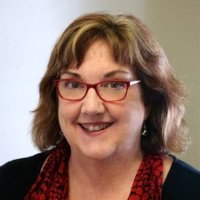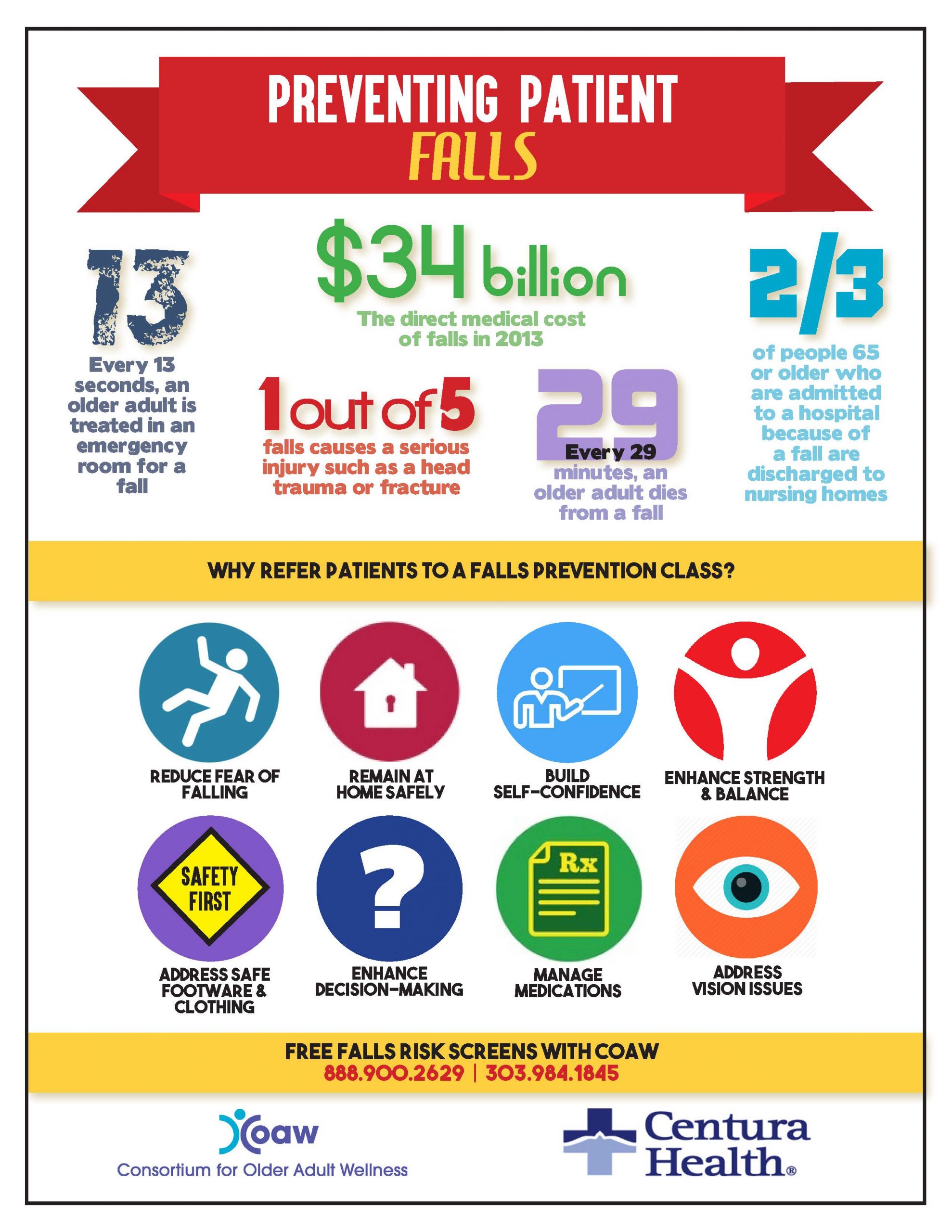Advancing Evidence-based Approaches to Falls Prevention Among Older Adults

These are words that strike terror in our hearts- “she’s had a fall”. Falling is not a part of normal aging. And yet, one in three people over the age of 65 report a fall. Falls can change lives, end our independence, lead to pain, and ultimately even death. In this country, we annually see 2.8 million falls. The 800,000 falls requiring hospitalization are at a cost of 31 billion dollars to Medicare alone [Centers for Disease Control and Prevention].
In hospital settings 700,000- 1,000,000 patients fall every year. Although the majority of these people are not injured, those with a serious fall increases hospital costs $13,000 [Agency for Healthcare Research and Quality].
But the expense doesn’t tell the whole story. Falls can result in limiting mobility, affecting self-esteem, decreasing socialization. Falls are complex; it isn’t just a trip over the rumpled throw rug. Falls can result from a combination of reactions to medication, changes in how the brain is processing information, neuropathy or numbness as a result of a chronic disease, poorly lit hallways, a careening cat or grandchild, or a problem with the vestibular system-our internal balance system, or slick winter walkways.
September 22nd is National Falls Prevention Awareness Day. This is a day of focus on the how to address this complicated issue for the individual and at the community-level. In Colorado, at COAW, the Consortium for Older Adult Wellness is approaching falls prevention in a unique way. COAW is working with health systems, such as St. Anthony Hospital-Centura Health in partnership with the City of Lakewood Parks and Recreation Department. Together we are connecting patients to programs that are evidence-based interventions designed to support the individual in preventing falls.COAW refers to this community-based partnership as the Falls Center approach. It begins with provider-driven referrals from senior wellness clinics, primary care providers, Centura’s Neighborhood Health Centers, or trauma centers. Trained COAW staff administer the Stopping Elderly Accidental Deaths and Injuries (STEADi) screening. The STEADi tool results are discussed with the individual and appropriate community-based interventions are suggested. The referred patient then enrolls in the falls prevention curriculums hosted in multiple locations including the City of Lakewood. The referring clinic and provider are sent the STEADi results and the information on their patients’ enrollments in falls prevention and/or self-management interventions for inclusion in their medical records. The city sees increased enrollments in their recreation centers, the health system sees cost savings, and the individual engages in their own falls prevention.

COAW supports communities in creating their own falls prevention programs through Falls Prevention Specialist Certification. This Certification begins with an Introduction to Falls Prevention Programming, an overview of the complexity of falls, a primer on the recognized evidence-based curriculums, and the all-important tools needed to put a program together from partnering with health care to processing referrals to scheduling classes with community-based partners such as recreation centers. The Falls Prevention Specialist Certification also includes instructor training in N’Balance™, A Matter of Balance™, Tai Chi for Arthritis for Falls Prevention™, and an elective curriculum. This gives the Falls Prevention Specialist the tools to address falls prevention in their community.
Enabling access to falls prevention programs is critical to reducing the prevalence of falls. Medicare Advantage can play an important role in increasing access to falls prevention resources. Medicare Advantage plans are partnering with community-based organizations to provide evidence-based falls prevention programs, which are typically geared toward helping adults identify their fall risks, changing behaviors to reduce their risk, and increasing fitness and exercise.
Falls prevention must take place at with workforce training at the health system level, risk screenings at the clinic level, and community-based curriculums available to everyone. There is not a quick and easy fix. However, focus from Better Medicare Alliance and tools from organizations such as the National Council on Aging (NCOA.org) provide insight and expertise. More information on the falls prevention curriculums, Falls Prevention Specialist Certification, and COAW’s consulting and training can be found at www.COAW.org.
